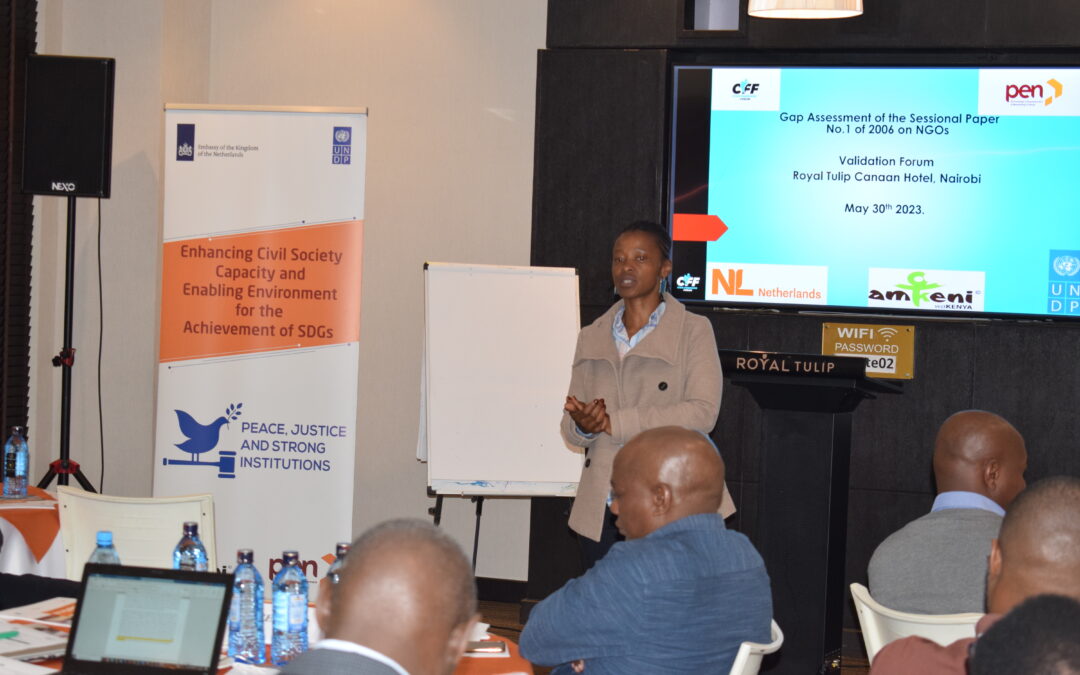
A policy document does not become defunct just because one or two legislations have been enacted based on its recommendations. While some state officers hold strong positions that once the recommendations of a policy documents have been implemented then that document become “dead”, experts disagree – they hold a contrary position arguing that the comprehensive policy analysis need to be conducted to review the progress made in its implementation, whether or not the problem identified in the policy document had been resolved, and whether or not they might have been any changes that may need adjustments and further recommendations. The above sentiments were made by the Kenya Institute of Public Research and Analysis (KIPPRA) during a validation workshop for a “Gap Analysis on Sessional Paper No.1 of 2006 on NGOs” report.
This came a few weeks after KIPPRA emphasized that any policy/law making process must always be aware of the political impact that the law/policy is likely to have because this will define its implementation. Many laws and policies do not enjoy political goodwill despite the presidential assent. This is partly due to the political and financial impact that the law has on government. Some laws such as the Public Benefits Organizations Act of 2013 have not been commenced despite the legal requirements and several court orders because of lack of political goodwill.
The remarks made during staff capacity development workshop for PEN and CFF Secretariat acted as eye-opener and provided the fresh impetus essential for CSOs and citizens to engage in multi-dimensional approach in public policy/law making and political processes.






